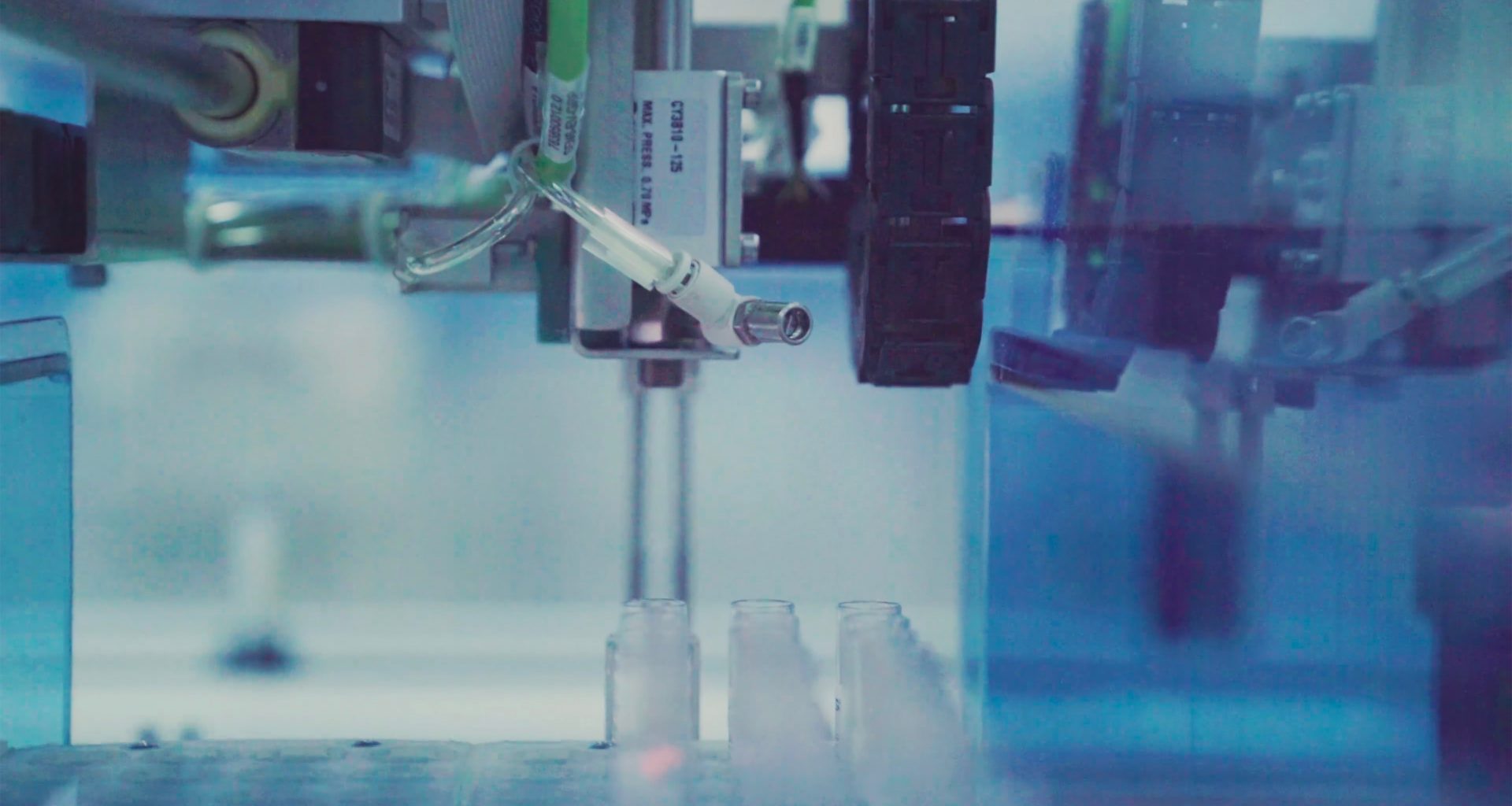Reefaya Noortaj explores the UAE’s latest innovation implementation of AI and robotics in the food and grocery sector, making the country one of the select developed countries to acknowledge the value of technology. Below, read about how we predict that the implementation of AI and robotics may replace some presence in the corporate world in the near future.

Especially since March 2020, our world has become permanently intertwined with the internet; our daily lives are gradually heading towards a digitized world fused with AI and robotics. Every developed and developing country is embracing AI technology and integrating it within multiple industries. When we think of the UAE, we regard it to be a model nation when it comes to adapting to the newest technologies. It’s one of the world’s most recognized and visited cities, a global financial hub, and an incomparable tourist destination of the world. But more importantly, the nation is at the forefront of pioneering the development of artificial intelligence strategies. Dubai has attracted more than $21 billion in foreign direct investments for AI and robotics from 2015 to 2019. Taking a closer look at the grocery and food industry in the UAE, the Emirati food & grocery retail market made a total of $31.8 billion in 2020 with the food segment earning total revenues of $26.2 billion, constituting 82.4% of the market overall value. Since the start of COVID-19 in 2020 instigated social distancing and contactless payments, the UAE has moved towards deploying fleets of food and grocery services delivered through the use of robots.
Food delivery businesses have grown dramatically in the aftermath of the pandemic, making delivery app riders the main heroes in the food and grocery services sector. Online food ordering tech companies like Talabat have adopted convenience and personalization strategies to make their customers’ user experiences even smoother by implementing AI and robotics to enhance their services. Talabat now boasts robots and drone delivery service strategies at the EXPO 2020, emphasizing how food can be delivered faster, can reduce costs, and can cover more areas. The company believes that drone delivery is part of the solution, which is providing a breakthrough when it comes to food delivery. Talabat VP Strategist, Onur Elgun, emphasizes, “Far from being a gimmick, robots will provide us with the opportunity to scale and serve more customers, and we can reach remote areas and regions to increase the coverage.”

Drone delivery may well be the future of food delivery but it is one part of the value chain. ‘Talabat robots’ or more casually known as ‘tala-bots,’ displayed their impeccable food delivery services at the EXPO site receiving ample attention from visitors and investors. To illustrate how the future may look for everyday residents, robots may be lined up at each residential area for the riders to park up to, scan the QR code on the robot to open its lid and receive the food and then go drop off the food or grocery item to the customer. This is not to say that robots are taking over human-led jobs in the future, but settling a hybrid future for AI, robotics, and humans to co-exist. Food delivery agencies like Talabat aim to make technology the enabler in order to support and empower riders to become more efficient, whilst removing some of the time-intensive work.
The Roads and Transport Authority declared a plan to have robots deliver food and groceries in Dubai as an initiative to convert 25% of mobility journeys to self-driving transport by 2030 (Gulf News). Further, French multinational retail corporation Carrefour is associated with an agreement between Majid Al Futtaim and Yandex to explore independent solutions to enhance the scope of the last-mile delivery of Carrefour orders. Carrefour becomes the first retailer in the Middle East to deploy the Simbe Robotics “Tally,” an autonomous shelf-scanning unit located at large Carrefour stores in the UAE in 2019. These robots are programmed with cameras to scan up to 15,000 products, three times a day; inspecting for stock mishaps, price mismatch, barcoded errors, or stock misplacement. Simbe Robots assists with stock audits using AI, which supports efforts to reduce the workload for store team members. The positive side to implementing AI and robotics in large grocery stores is to improve the worker and customer service experiences.
Essentially, the implementation of AI and robots in the food and grocery sector is to make the service experience more personalized, faster, and more efficient with resources. The UAE has championed yet another bold move, making them one of the more progressive countries in the world to acknowledge the value of AI and robotics.
About The Editor
Born in Bangladesh and raised in the Middle East, UAE and Bahrain, Reefaya is a postgraduate from The London School of Economics in U.K. and an undergraduate from Sussex University. Reefaya has an immense love for sustainable fashion, social development and art.


